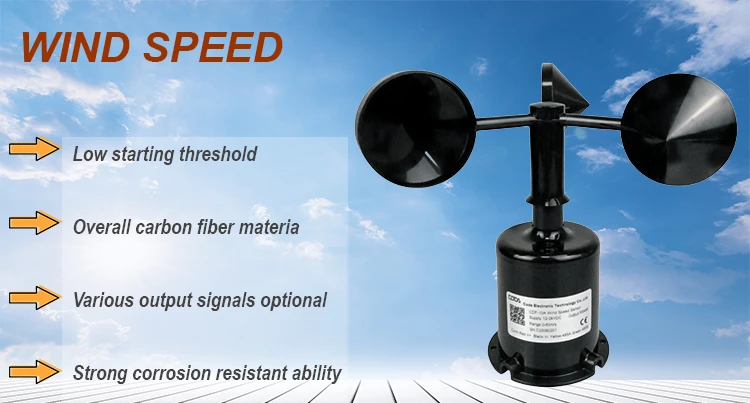
html
Wind Speed Measuring Instruments: Types and Applications
Measuring wind speed is essential in various fields, including meteorology, aviation, and environmental studies. Accurate wind speed data helps in weather forecasting, flight safety, and renewable energy projects. Several instruments are designed to measure wind speed, each with unique features and applications.
Types of Wind Speed Measuring Instruments
1. Anemometers
Anemometers are the most common instruments for measuring wind speed. They come in different types, including:
- Cup Anemometers: These use rotating cups to measure wind speed. The faster the cups spin, the higher the wind speed.
- Vane Anemometers: These combine a propeller and a tail to measure both wind speed and direction.
- Hot-Wire Anemometers: These use electrically heated wires to detect changes in wind speed based on cooling effects.
2. Wind Vanes
Wind vanes primarily measure wind direction but are often paired with anemometers to provide comprehensive wind data. They are widely used in weather stations and aviation.
3. Sonic Anemometers
Sonic anemometers use ultrasonic sound waves to measure wind speed and direction. They are highly accurate and are often used in research and industrial applications.
4. Pitot Tubes
Pitot tubes measure wind speed by comparing static and dynamic air pressure. They are commonly used in aviation to determine aircraft speed relative to the wind.
Applications of Wind Speed Instruments
Meteorology
Wind speed data is crucial for weather forecasting and climate studies. Instruments like anemometers and wind vanes are standard in meteorological stations.
Aviation
Accurate wind speed measurements ensure safe takeoffs, landings, and flight navigation. Pitot tubes and sonic anemometers are commonly used in this field.
Renewable Energy
Wind turbines rely on precise wind speed data to optimize energy production. Cup and vane anemometers are often installed at wind farms.
Environmental Monitoring
Wind speed measurements help track air pollution dispersion and assess environmental impacts. Sonic anemometers are frequently used in these studies.
Choosing the right wind speed measuring instrument depends on the specific application and required accuracy. Understanding the types and uses of these tools ensures reliable data collection for various industries.
Keyword: measure wind speed instrument
